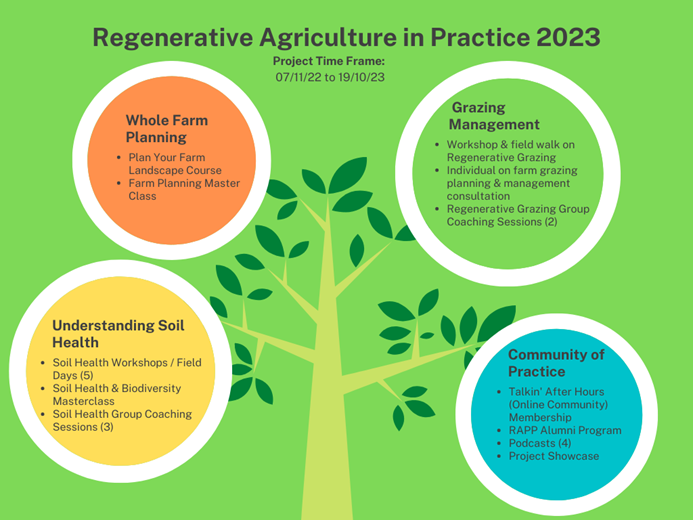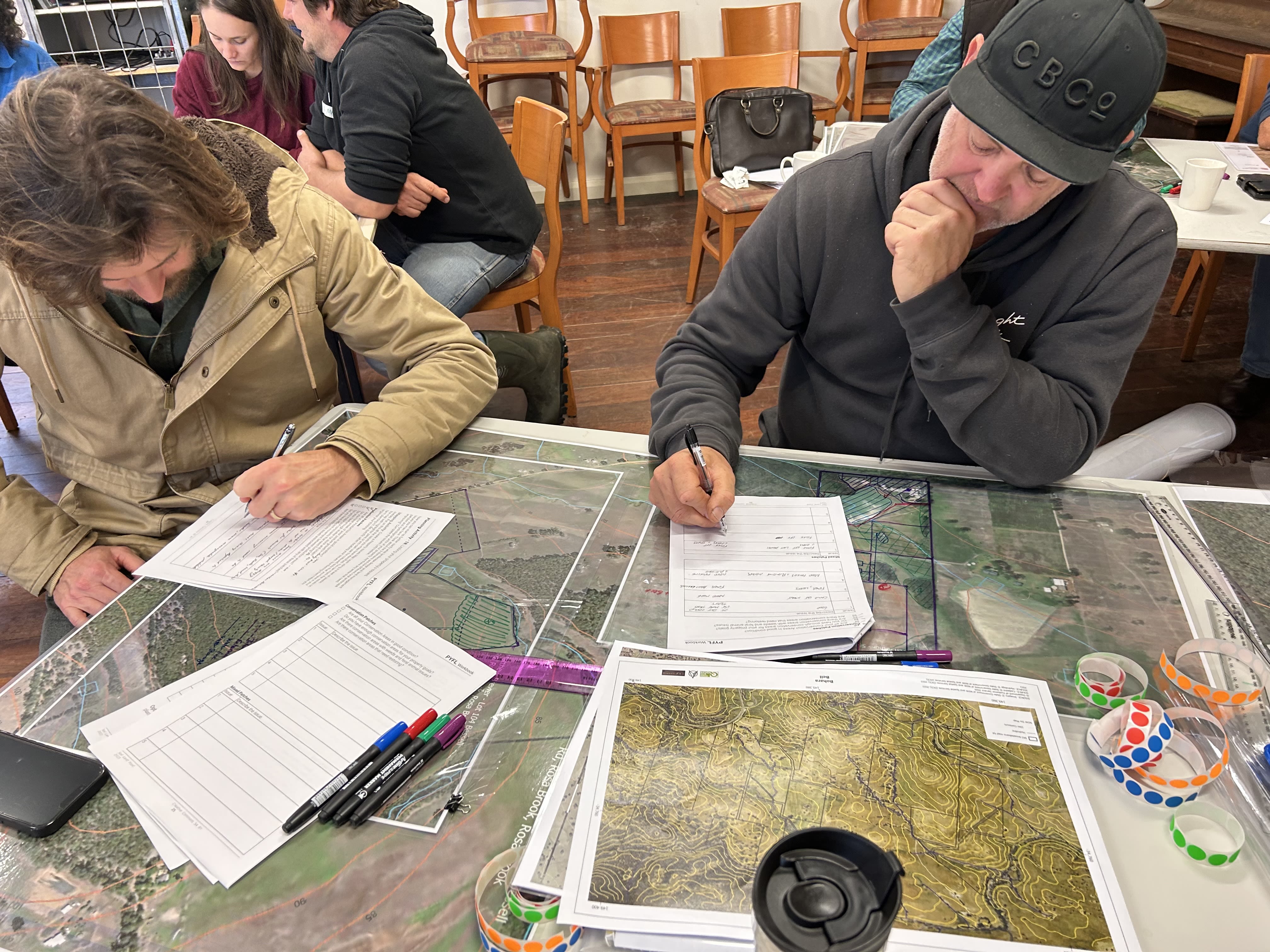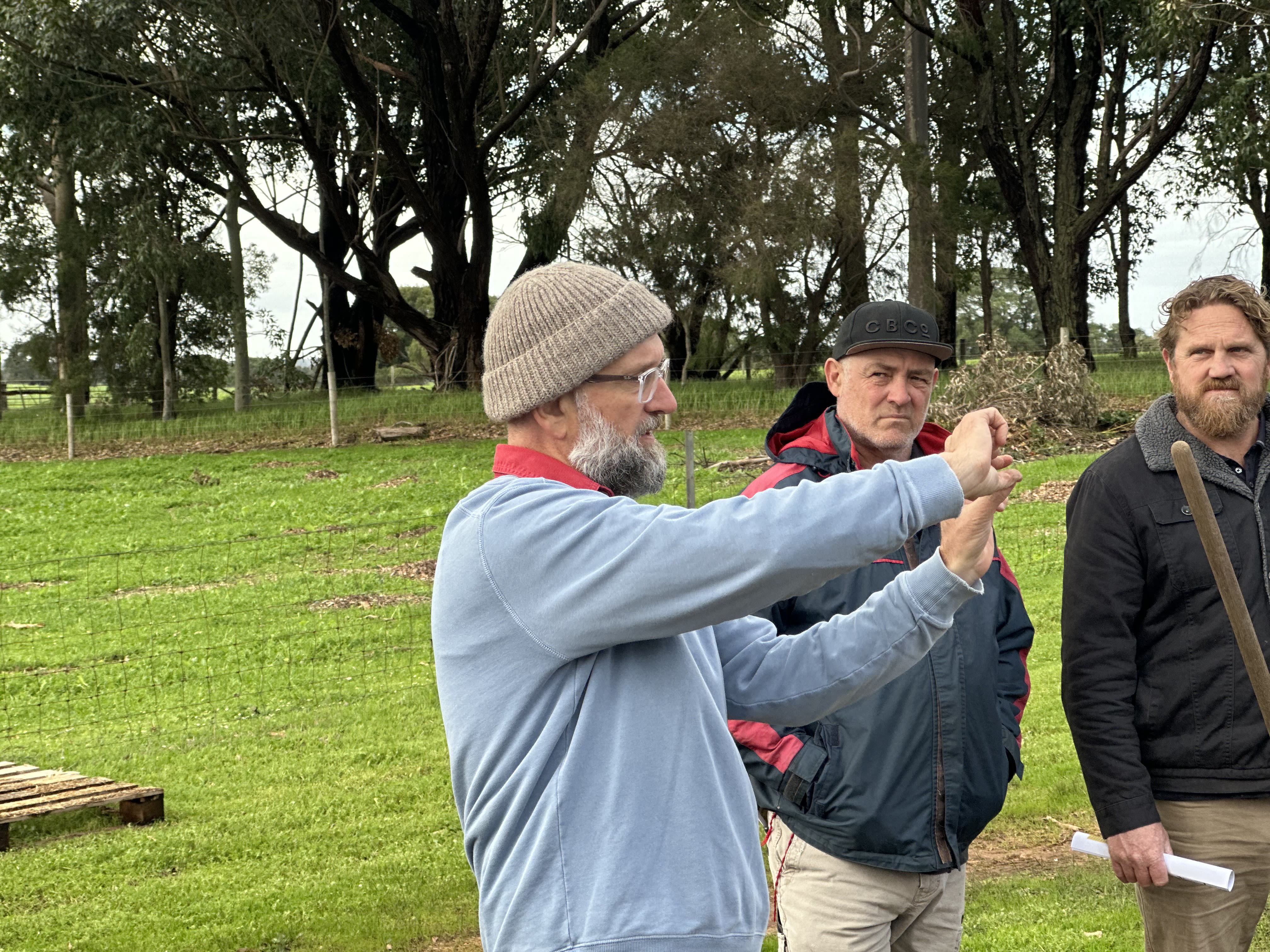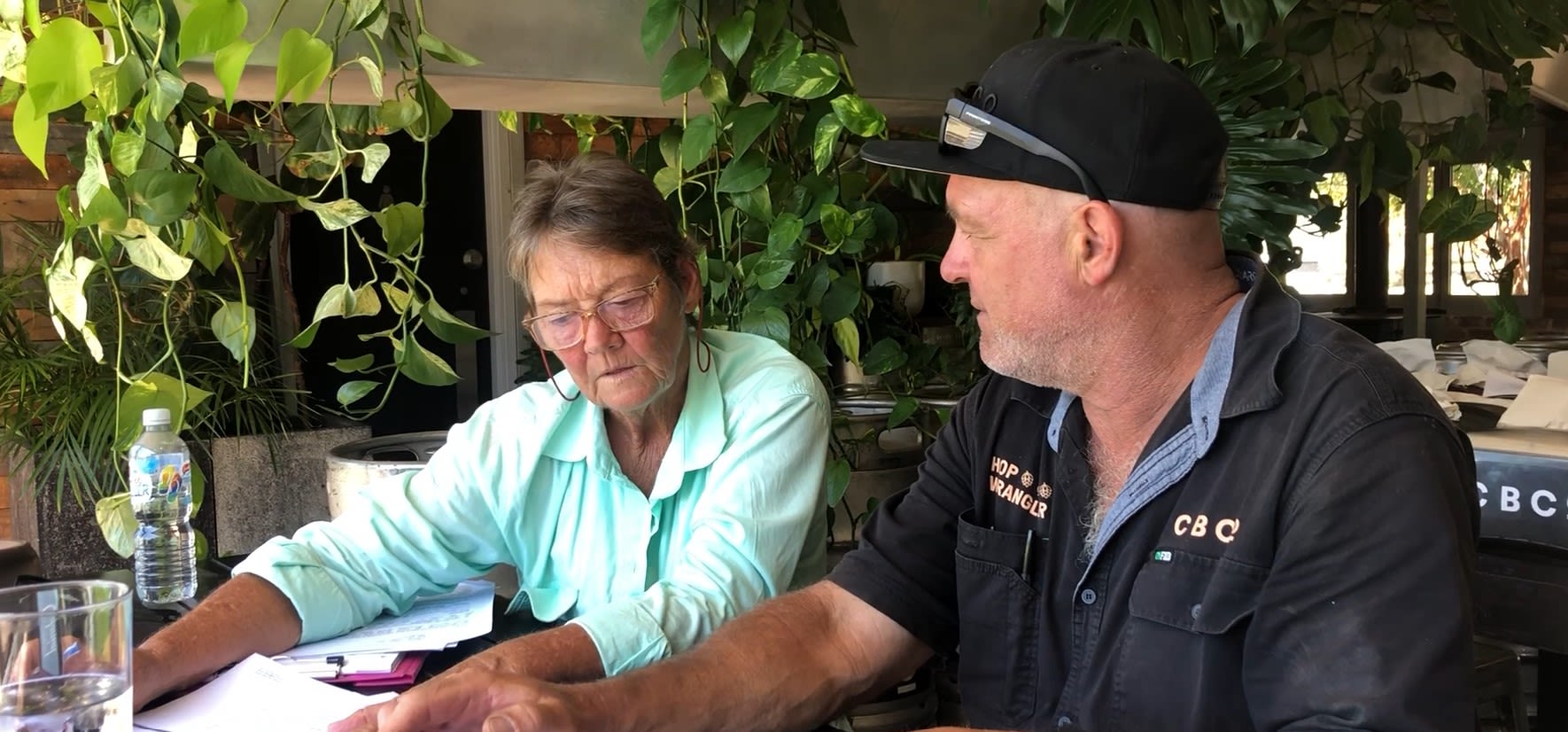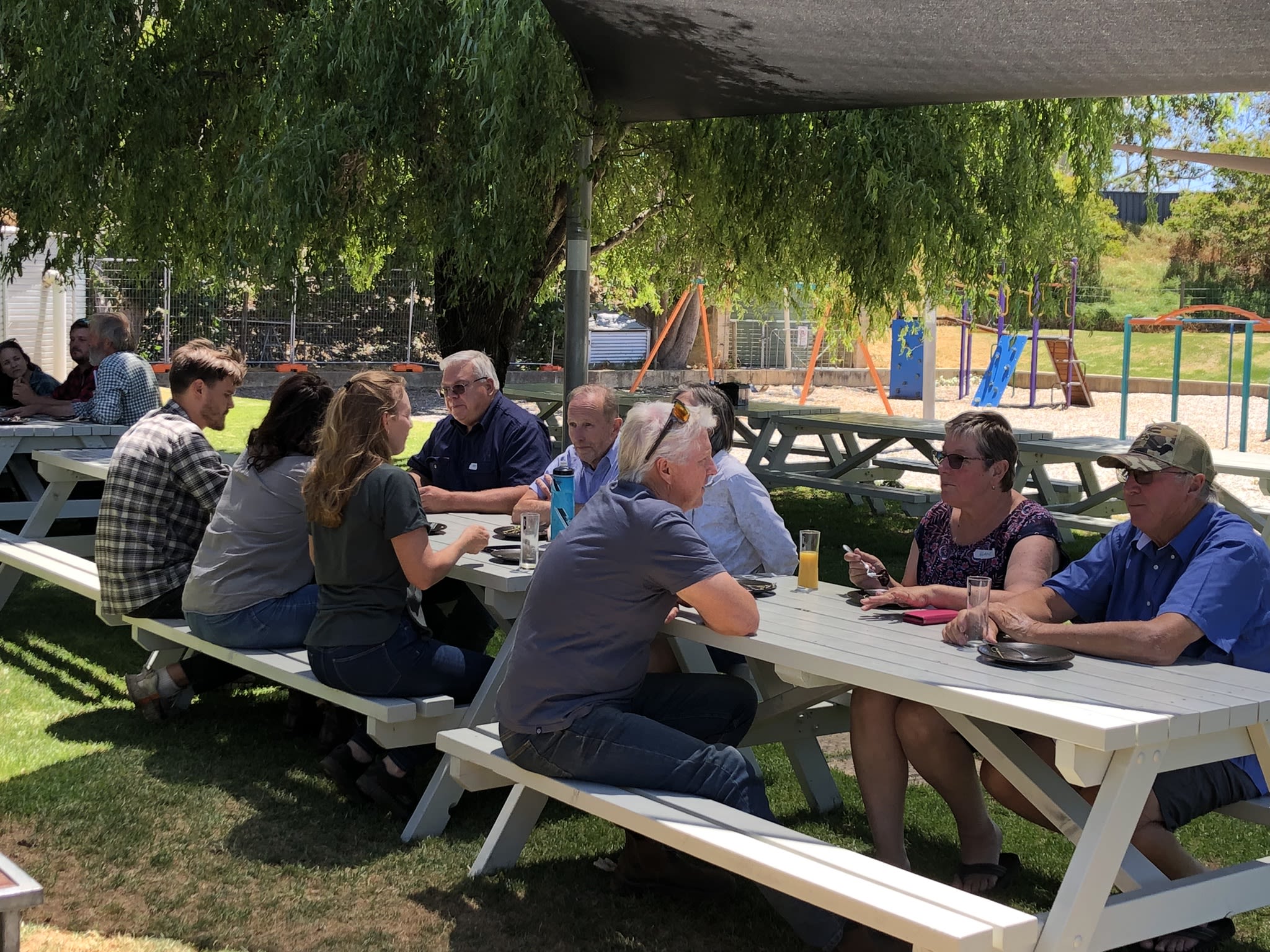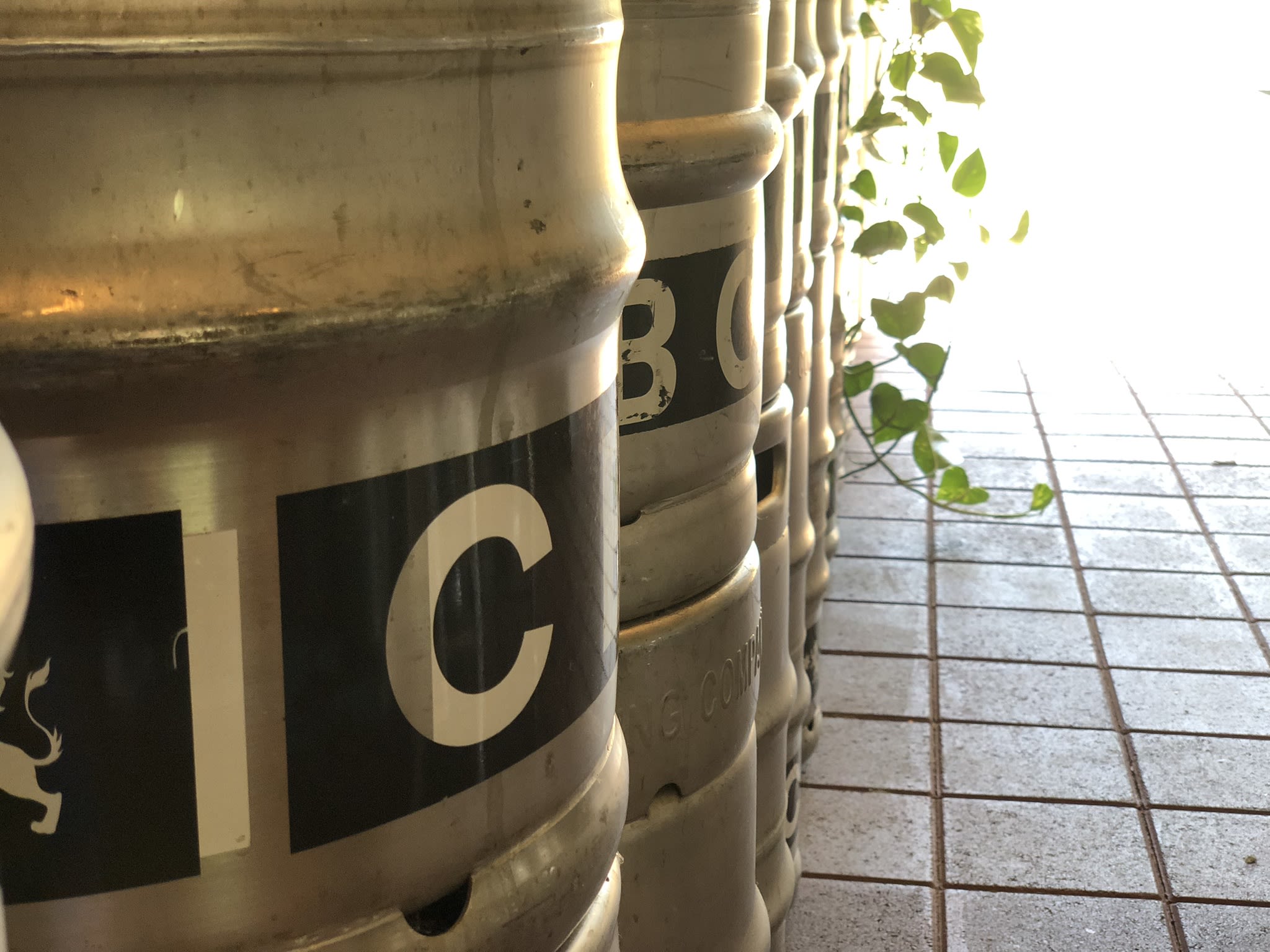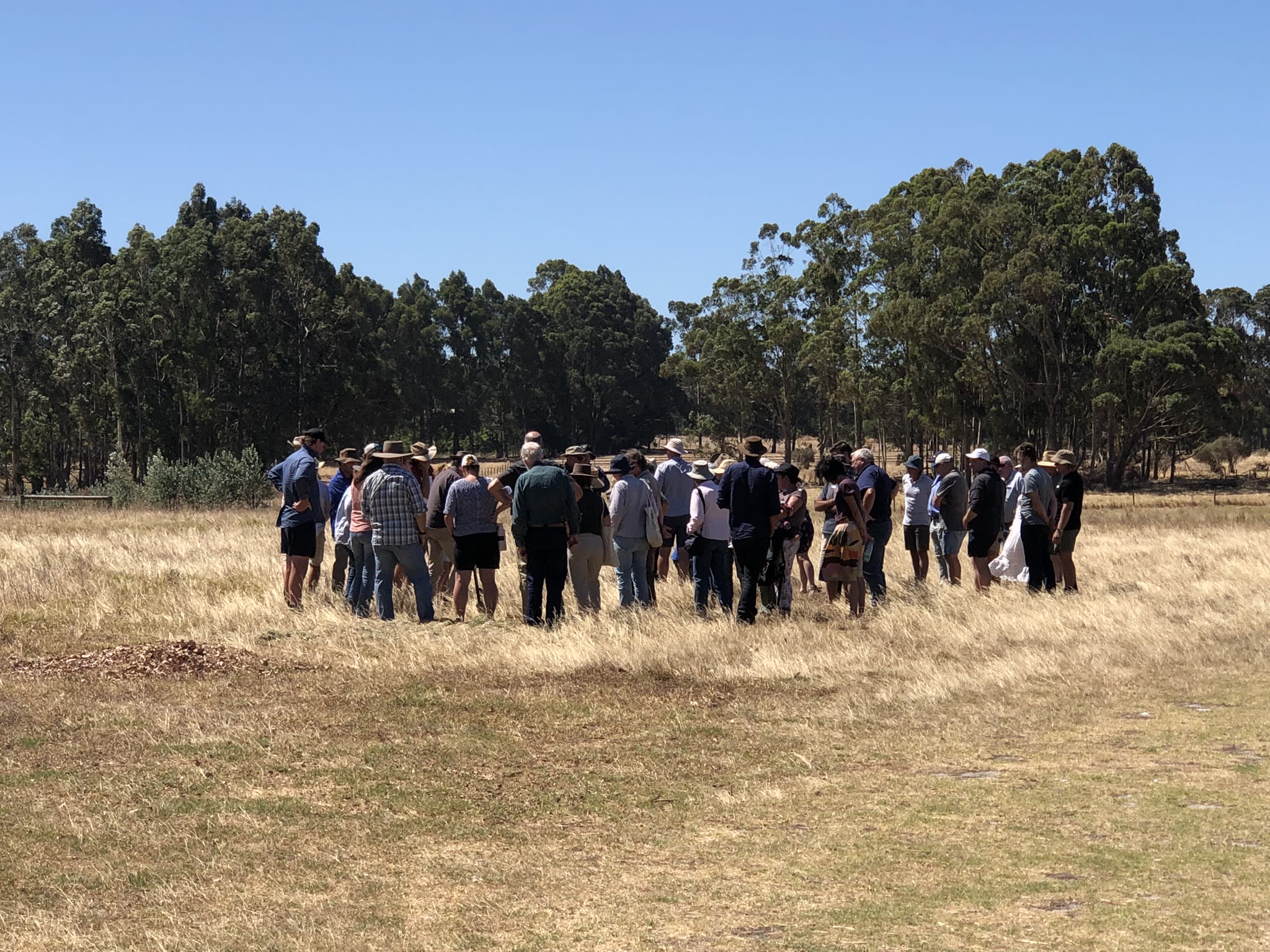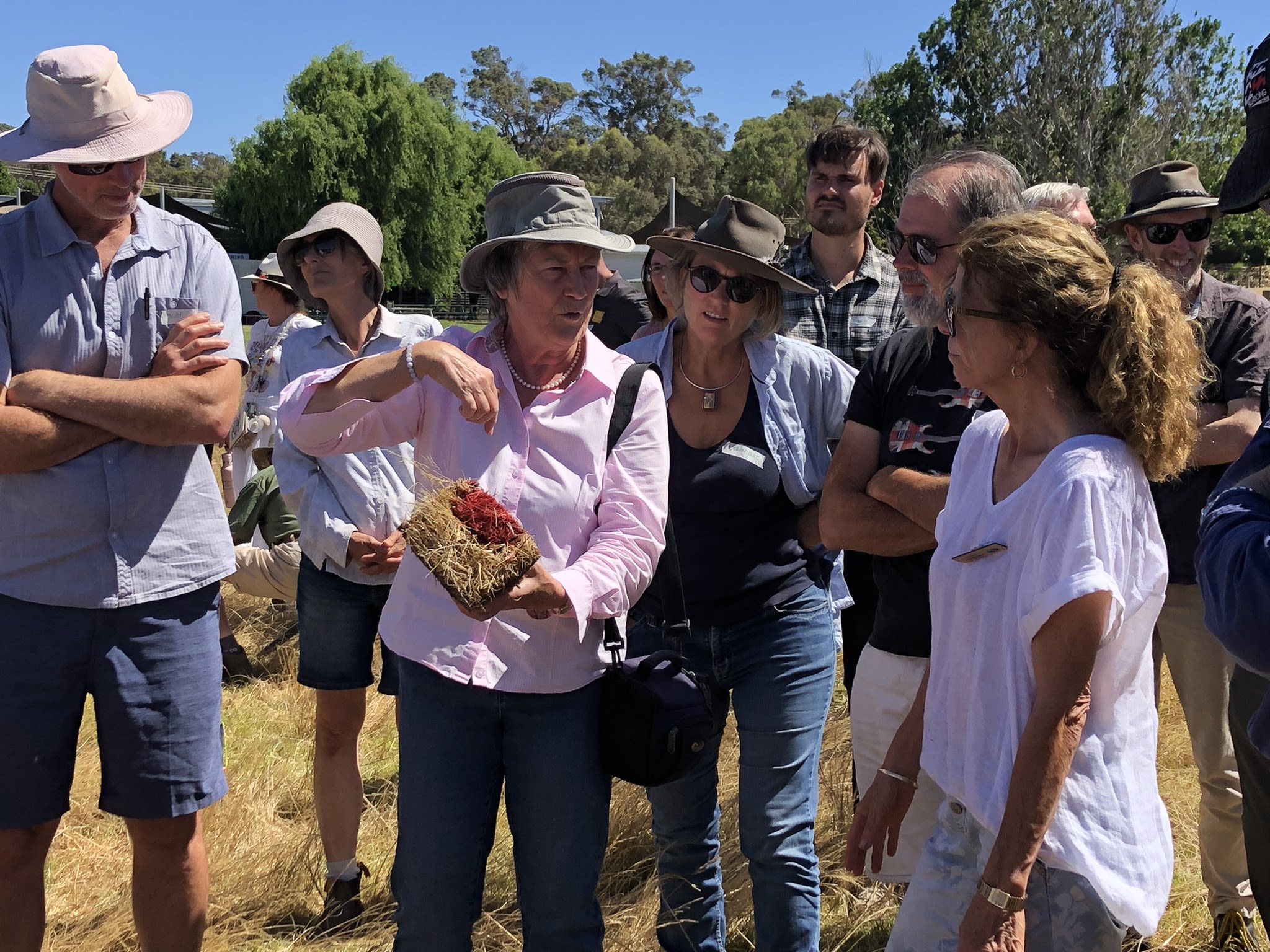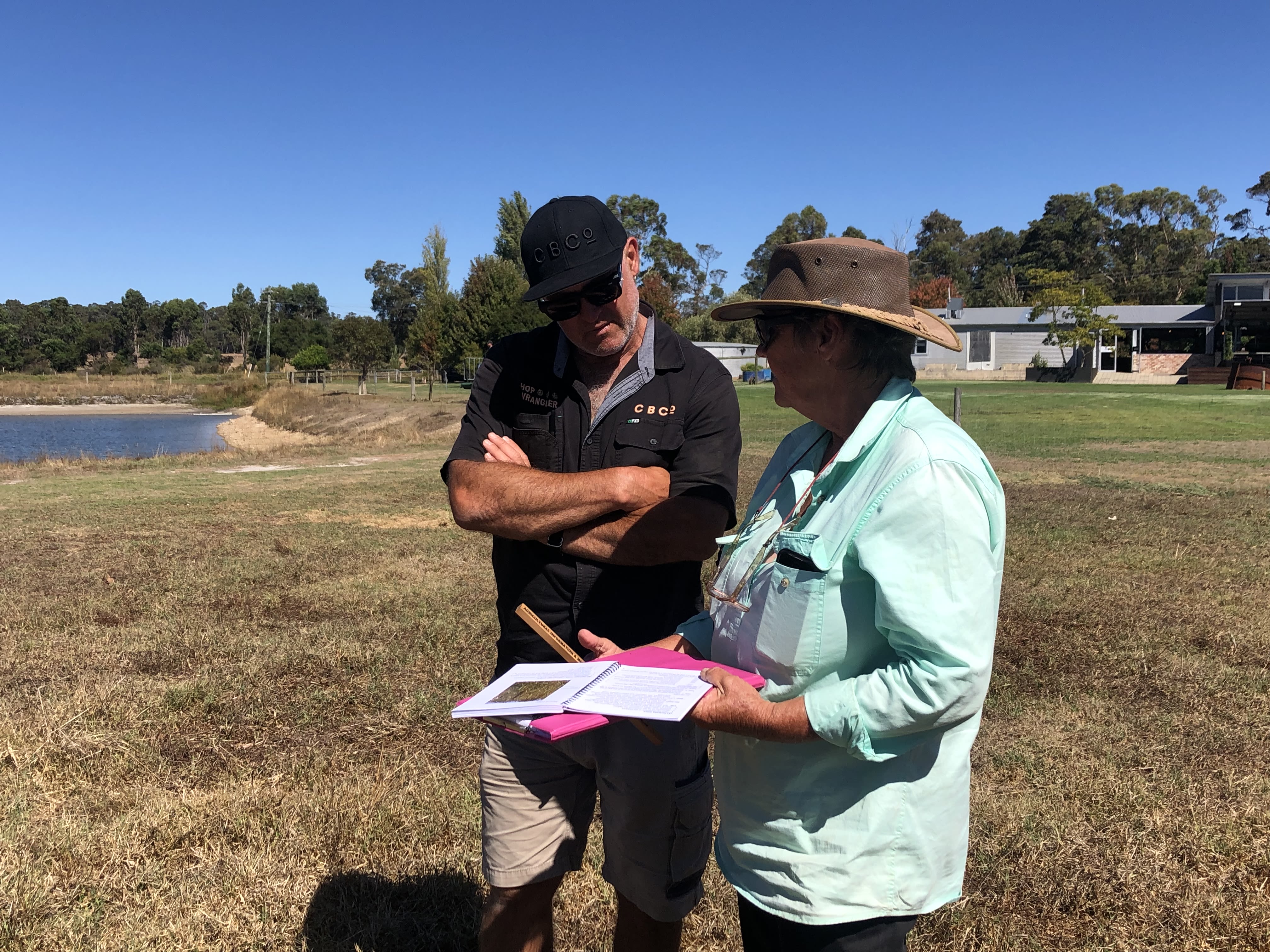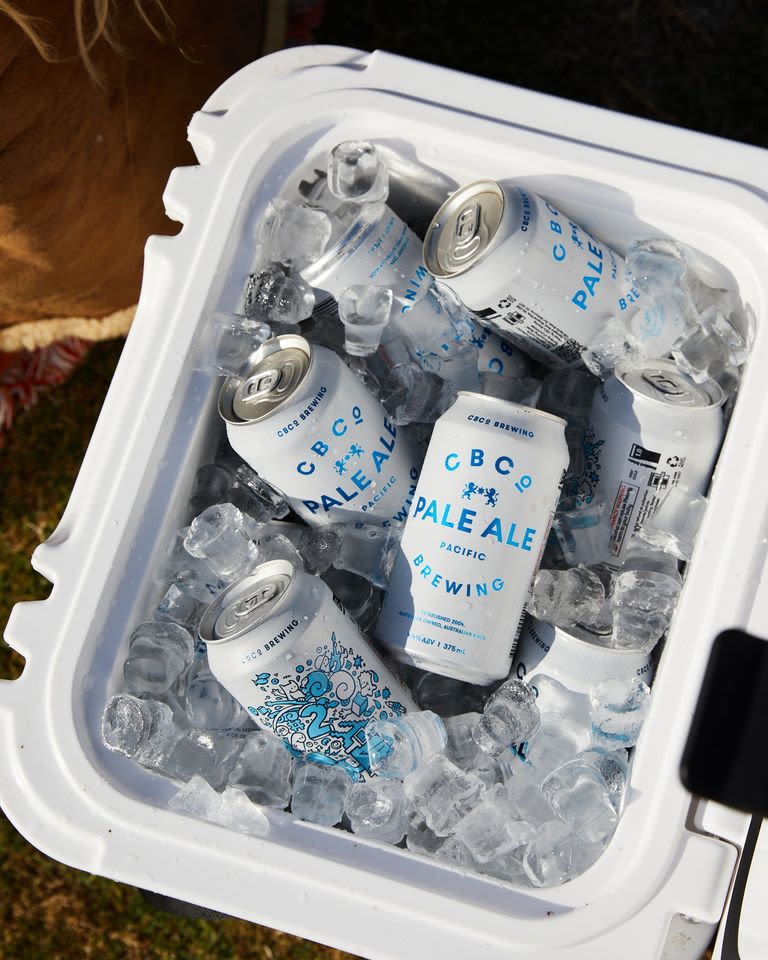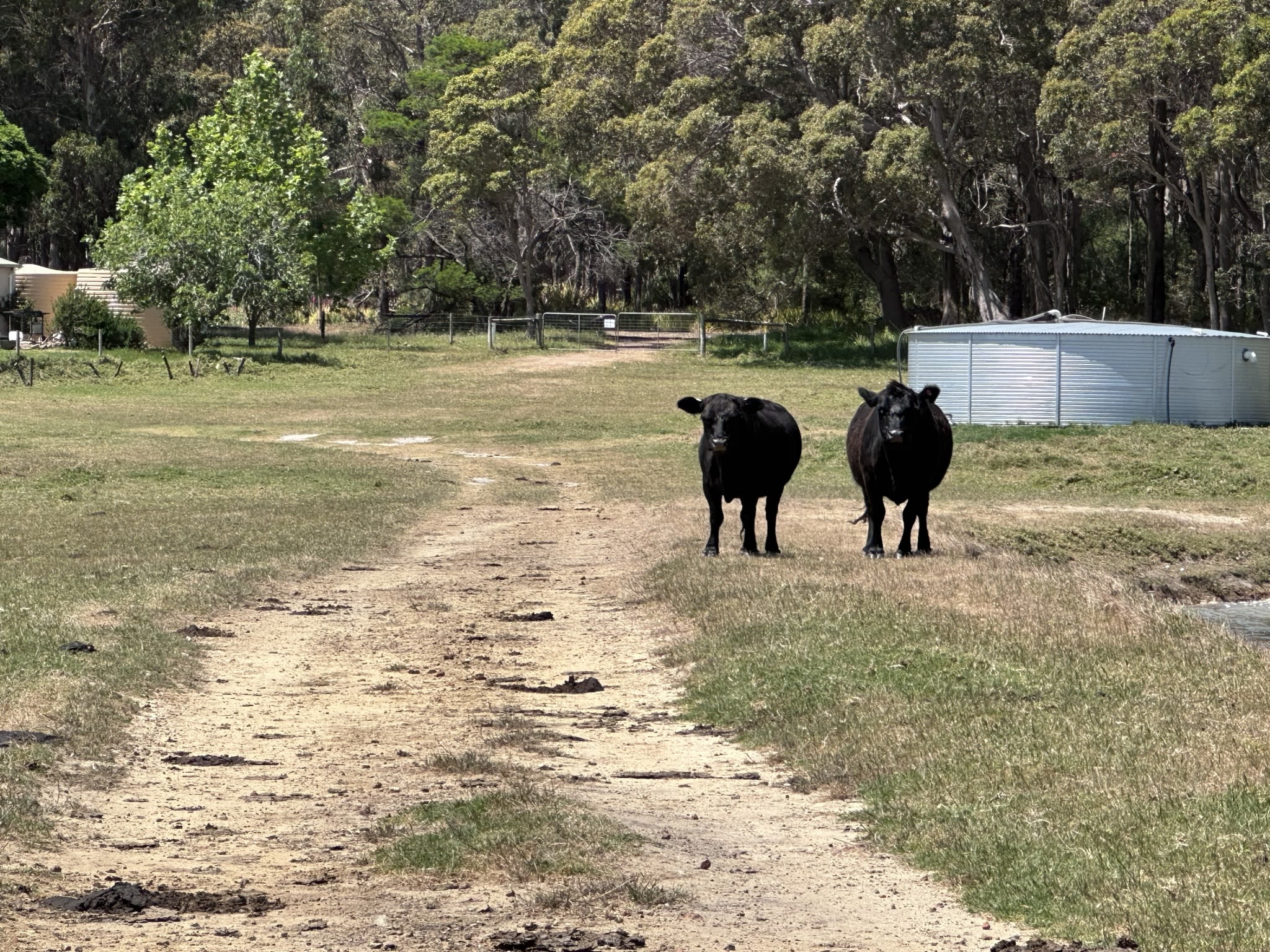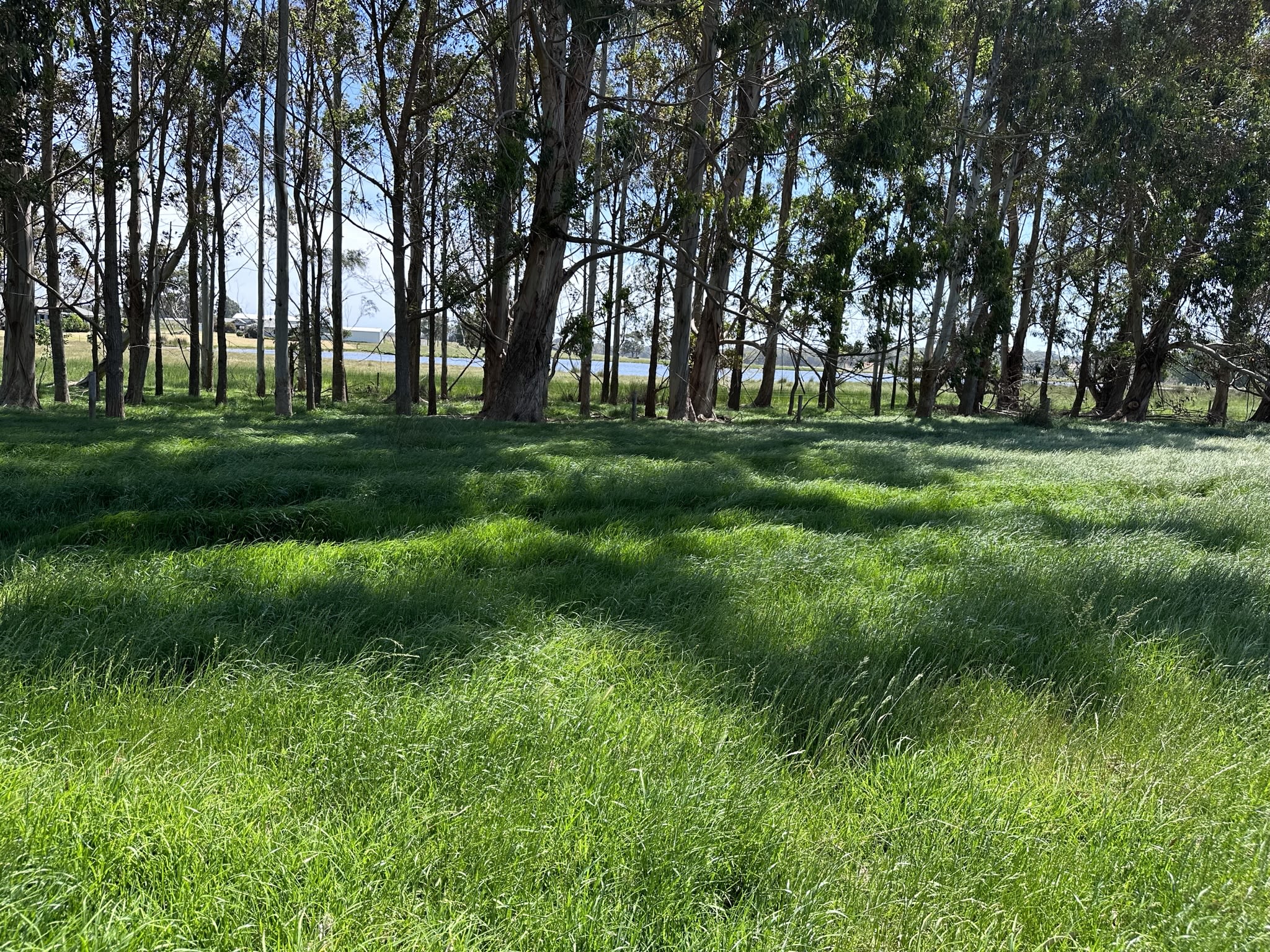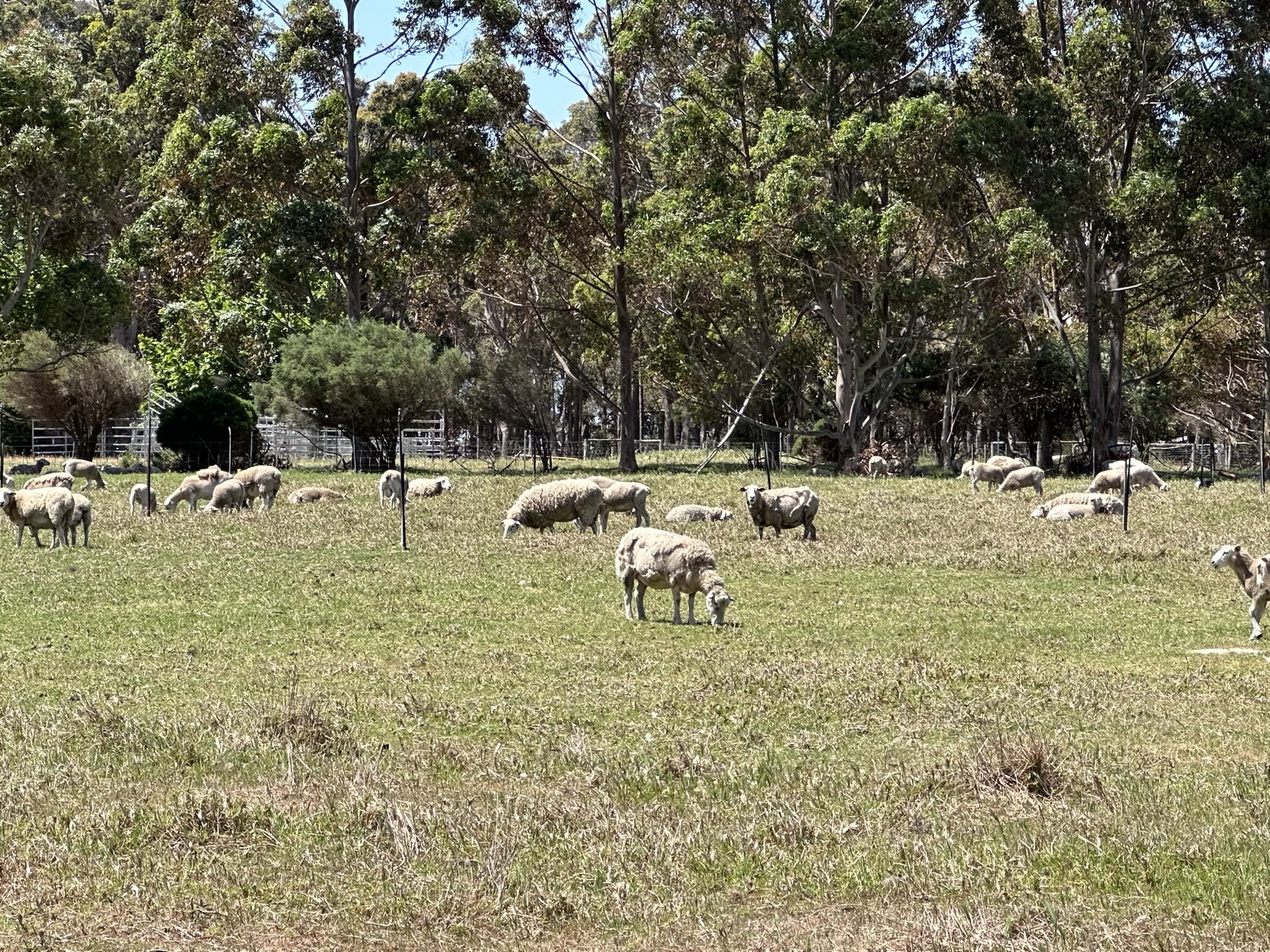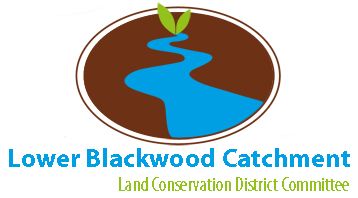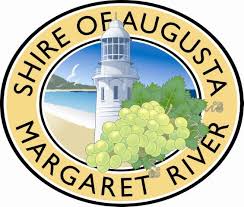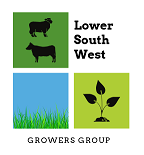CBCo Brewing | Case Study
Regenerative Agriculture in Practice Project 2023

CBCo Background
CBCo is an independent, Australian owned brewery that has been brewing beer since 2004. It's situated on Osmington Road in Bramley, a small townsite around 13km north east of Margaret River. The population of the area is just 113, but CBCo is a popular brewery and restaurant with a big play space for the kids.
Darren Arthur manages the 70 acres of brewery grounds and farmland. Previously the farmland had been leased out. Over those 15 years or so it had been run down and overgrazed, not seeded and left to ruin. Rubbish had been dumped and the paddocks were in extremely poor condition.
Darren has been on farms all his life. At the age of 7 he moved the property he now runs himself but previously with his grandmother until her passing in 2013. The farm was originally dairy but is now Angus beef.
CBCo Brewery | Fact File
Project Name: Regenerative Agriculture in Practice 2023
Location: Osmington Road, Bramley, 13km north east of Margaret River, WA
Land Owners: CBCo is owned by the Morris family. They are long-term supporters of regenerative agriculture practices and also own Barragunda on the Mornington Peninsula. CBCo Brewing's HQ is in Victoria
Land Manager: Darren Arthur, experienced beef farmer with property on Osmington Road
Farm Size: 70 acres
Enterprise: 11 Angus Lowlines, 63 Wilterpole sheep with lambs
Infrastructure: 12 paddocks ranging in size from 2 acres to 2 hectares. Previously 5 big paddocks. Fencing is being restored and raceways included to ease livestock movement
Predominant pasture species: rye, clover, kikuyu
Climate: Mediterranean

Throughout the year there is green feed on the farm due to the large dam and low lying topography and creek lines. If irrigation can be approved the farm will be green all year.
Landscape
The farm is nestled into a shallow valley with undulating pasture and several small stands of trees which are the remainder of former plantations and an orange orchard. There is very little native bushland. The property was originally just a few large paddocks, but these have already been split into 15 smaller paddocks.
Water poses no real stock issue for CBCo Brewery as there is plenty of water on the property. A large dam, a small soak and a creek line offer enough for all stock and pasture. There's also the potential to use waste water from the brewery for irrigation (this is currently being investigated).
Native wildlife roam the property, but due to the busy venue they keep to the outer edges of the farm. Some local eagles circle occasionally.
The property's soil is mostly clay with some sandy patches, and has a pH ranging from 5.0 to 5.8. The pasture is dominated by kikuyu, which has rooted deep into the soil. No native grass species seem to be present.
Production
CBCo Brewery has introduced 11 Lowlines - compact beefy cattle on a moderate frame and 63 Wiltipoll sheep with lambs. These are large, easy-care, plain-bodied sheep that shed their wool annually. The goal is for the livestock to provide produce for the venue's restaurant.
Motivation for Change:
Darren describes the CBCo Brewery farm as having been 'plundered'. Overstocked, run down and littered with rubbish, the property's soil was dead despite having plenty of water. There was a plan develop a 'paddock to plate' farming method but Darren knew that everything had to start with building better soil. The CBCo Brewery owners were supportive - they were already interested in regenerative agriculture and had developed Barragunda on the Mornington Peninsula as a regen ag venue.
Barragunda was based on the 6 Regenerative Agriculture principles from Kiss the Ground:
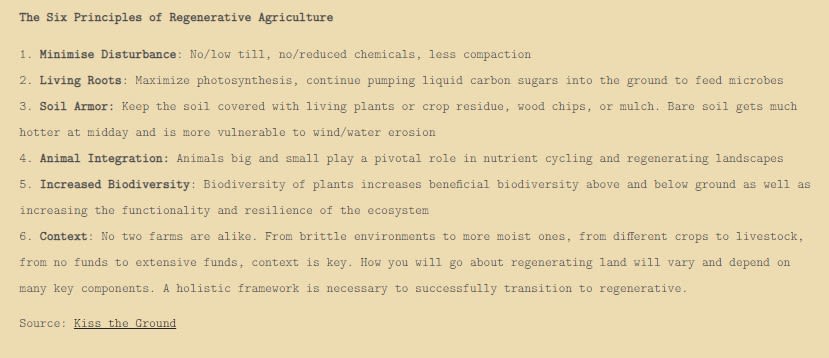
...and these were the principles that Darren was keen to develop at CBCo Brewery.
Practice Changes
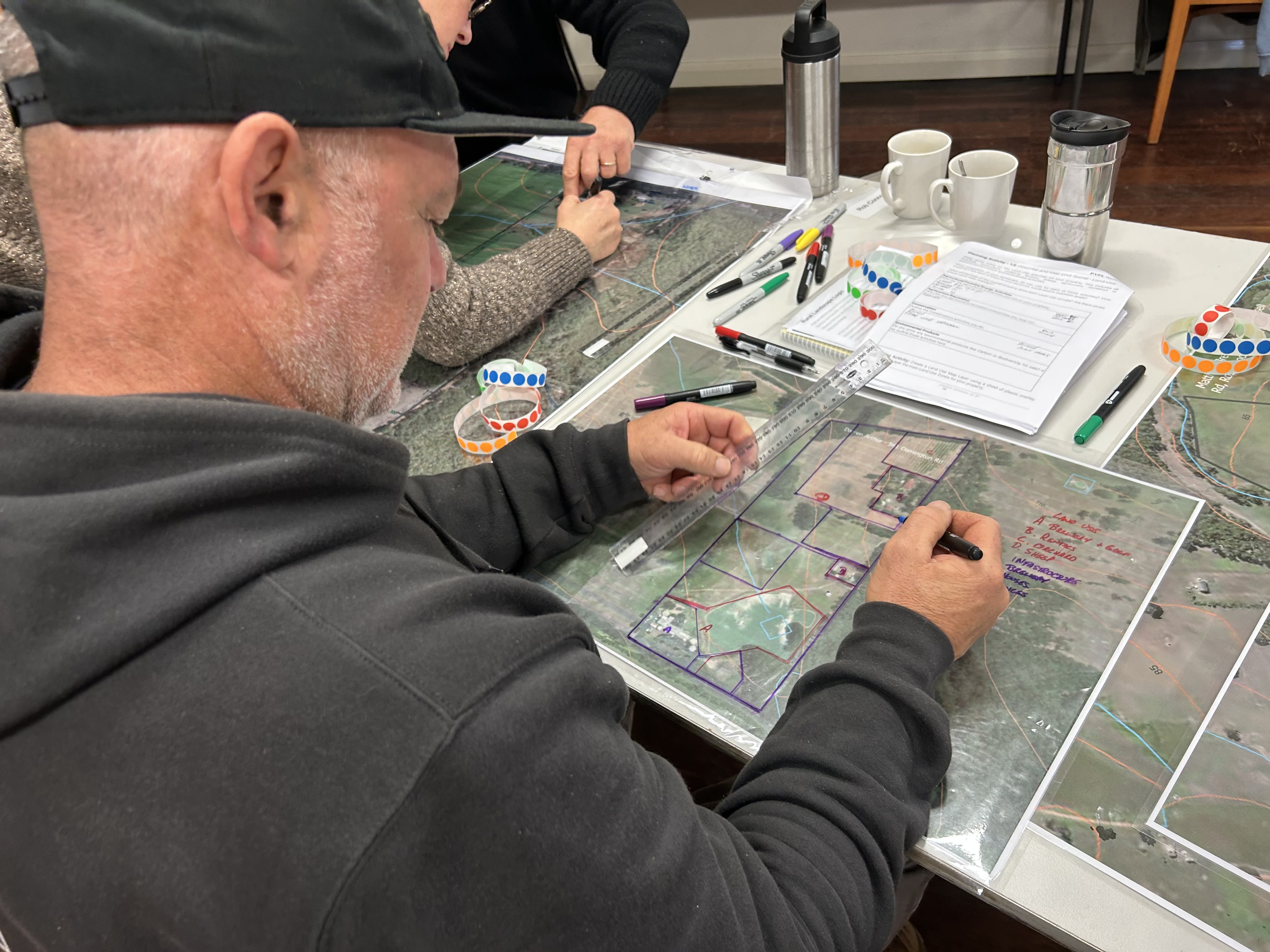
Whole Farm Planning
Most farmers have a plan, but very few write it down. Most farm work is intuitive, and after working on the land for most of his life Darren had an instinctive understanding of what the land and livestock needed. However, looking at the farm as a whole and using the topography and natural resources of the location gave him a different perspective on the farm. He's now developing a detailed plan and adding to it as he finds old pipework and irrigation systems underground (no maps were made by the previous managers).
Darren is also developing a 'Dream Plan', which includes all the things he'd like to include on the farm in the longer term.
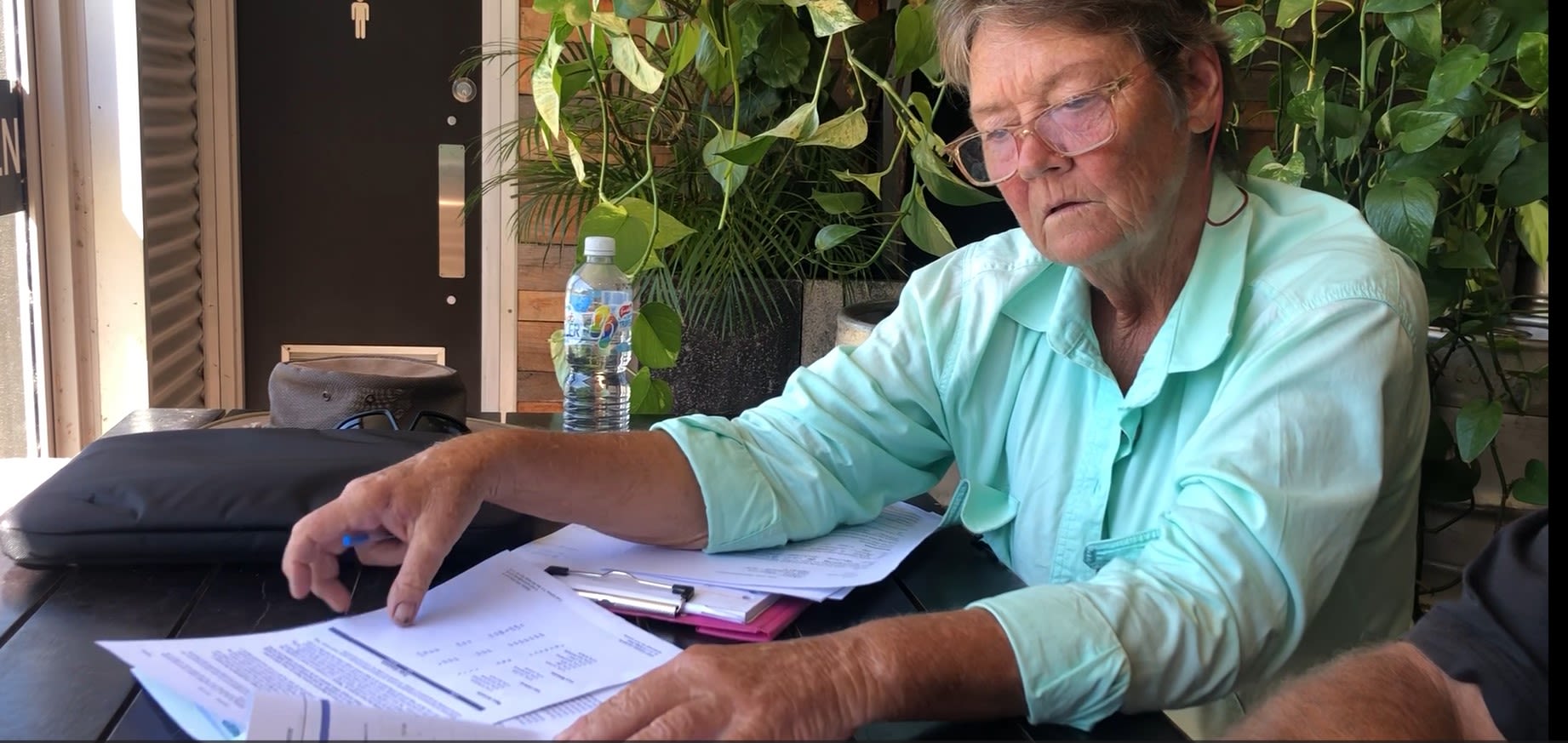
Dr Judi Earl working with Darren on his Grazing Plan
Dr Judi Earl working with Darren on his Grazing Plan
Regenerative Grazing
Darren has now divided the farm into 15 paddocks. Originally the property was a few huge paddocks which had been overgrazed using a more traditional set stock system. Using the advice from Dr Judi Earl Darren has been able to regenerate some of the more degraded paddocks by splitting them into smaller areas and moving the sheep and cattle more frequently. The current rotation is around 30 days, but can vary. He doesn't measure the feed, but relies on his instinct and experience to ensure the stock are moved appropriately to avoid over grazing and protect the soil.
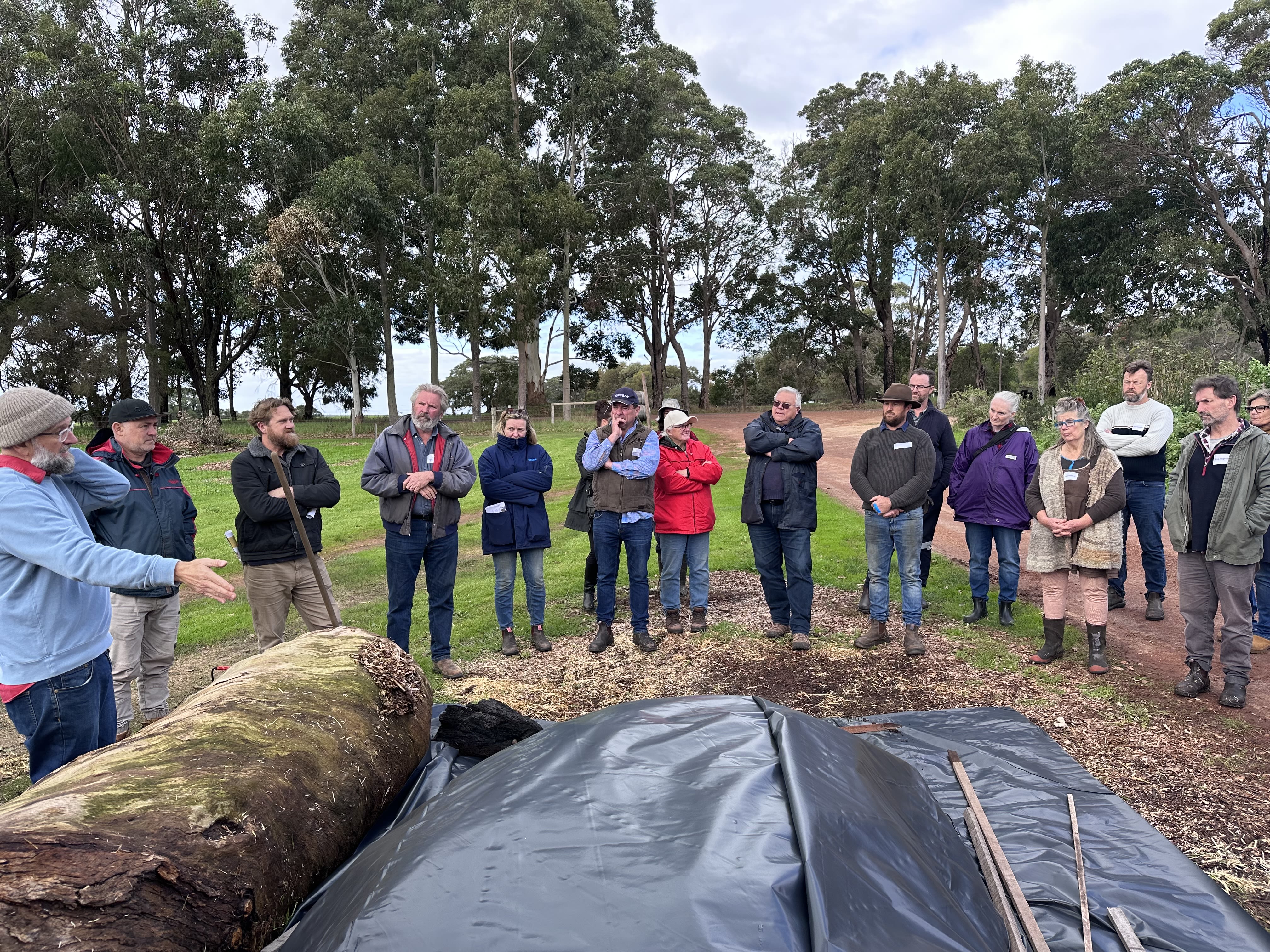
Composting module hosted by David Hardwick from Soils Land Food and Glenarty Road
Composting module hosted by David Hardwick from Soils Land Food and Glenarty Road
Composting
CBCo Brewery has plenty of waste that could be used for composting. The spent grain from the brewery is currently taken off site as there are a number of strict guidelines for composting on a commercial property. However, Darren is currently investigating the opportunity and researching the guidelines provided by the local Council. He plans to do more composting on the farm.
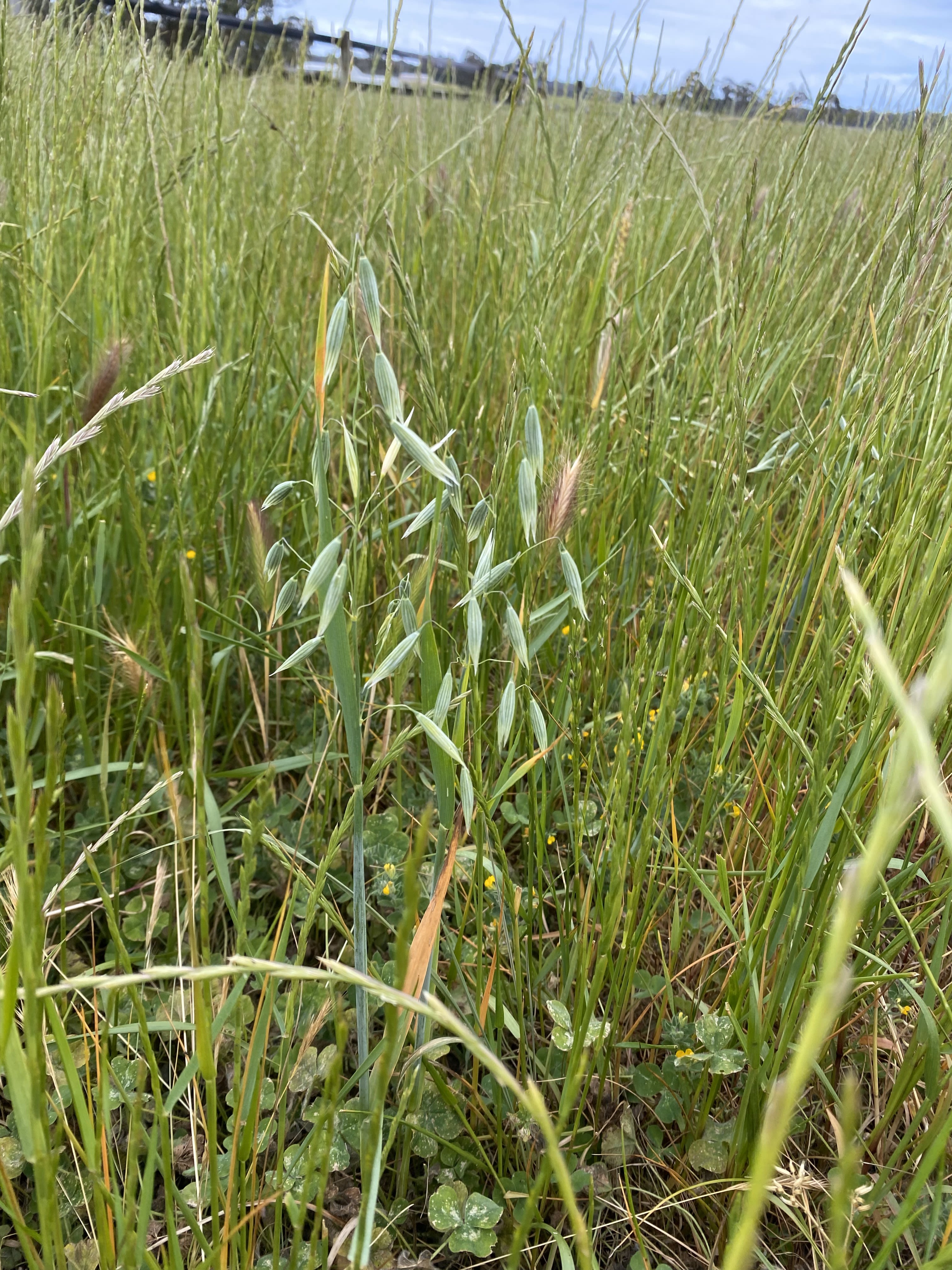
Pasture mix.
Pasture mix.
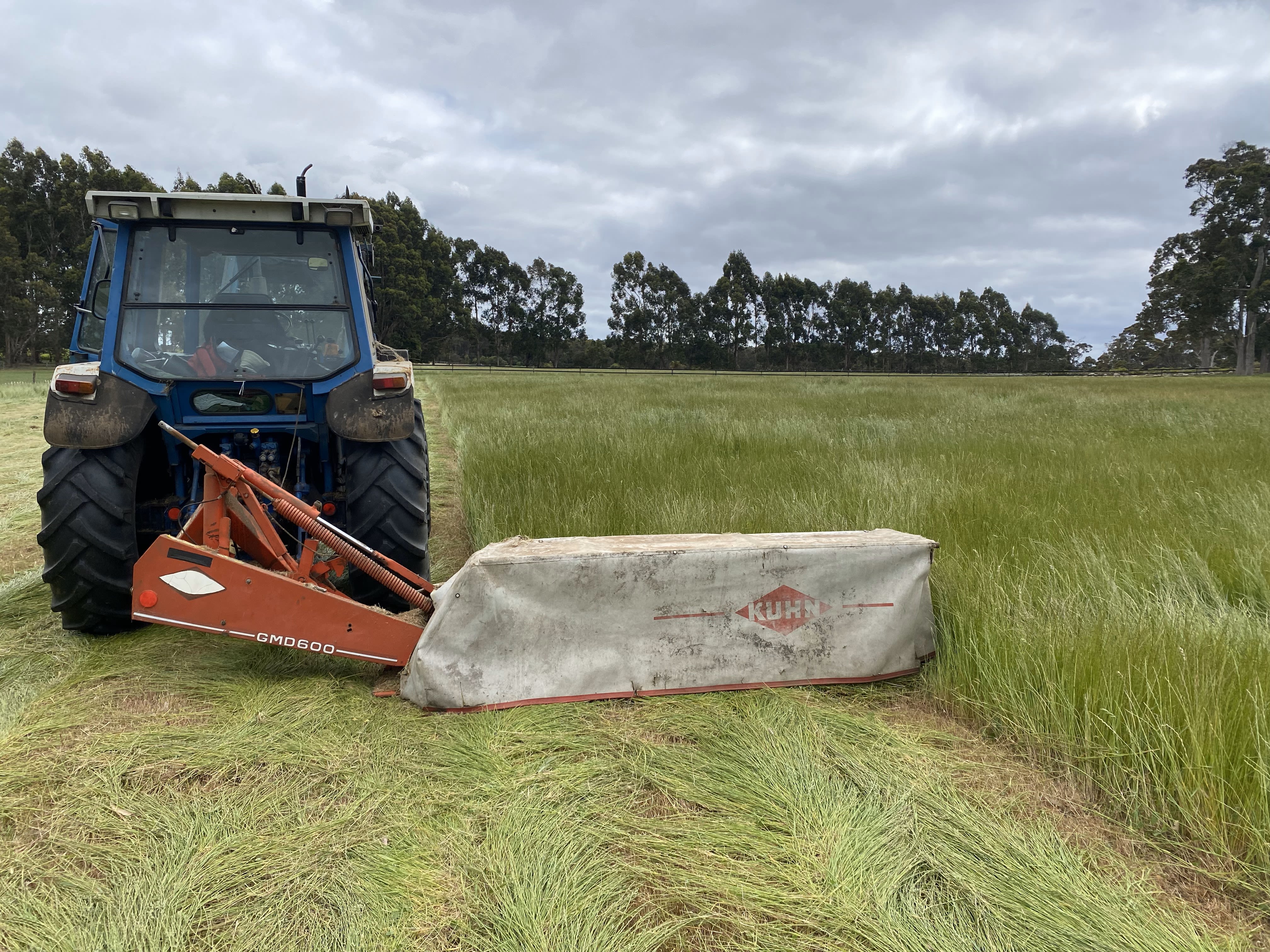
Multi-Species Pastures
The multi-species pasture project was a major success for the farm. Darren seeded two paddocks with the 'regen' mix from local ag supplier Nutrien. Rather than drilling, the seed was broadcast onto the paddocks then harrowed so Darren was surprised by the success of the pasture.
Practice Change Goals
Darren wanted 4 main changes to happen on the farm:
- Healthy soil
- Healthy grass
- Healthy livestock
- No chemicals on the property (or as little as possible)
'Essentially we wanted healthy, chemical free livestock and a successful restaurant running our own produce through it."
Challenges to Change
Time
Time was the biggest barrier to making all the changes that were explored during RAPP 2023. Fortunately, CBCo Brewery has owners who are genuinely committed to supporting regenerative agriculture principles, and they have been generous with funding the development of the farm.
Seed mixes
One of the modules that Darren is keen to continue with is the multi-species pastures planting. However, finding the right mix that's fungicide free and works in the local Mediterranean climate with such harsh dry summers has been tough. The mix used for the 2023 season has seen some species flourish, but some haven't survived. However, Darren's hopeful that those seeds may come through later in the season.
Advice
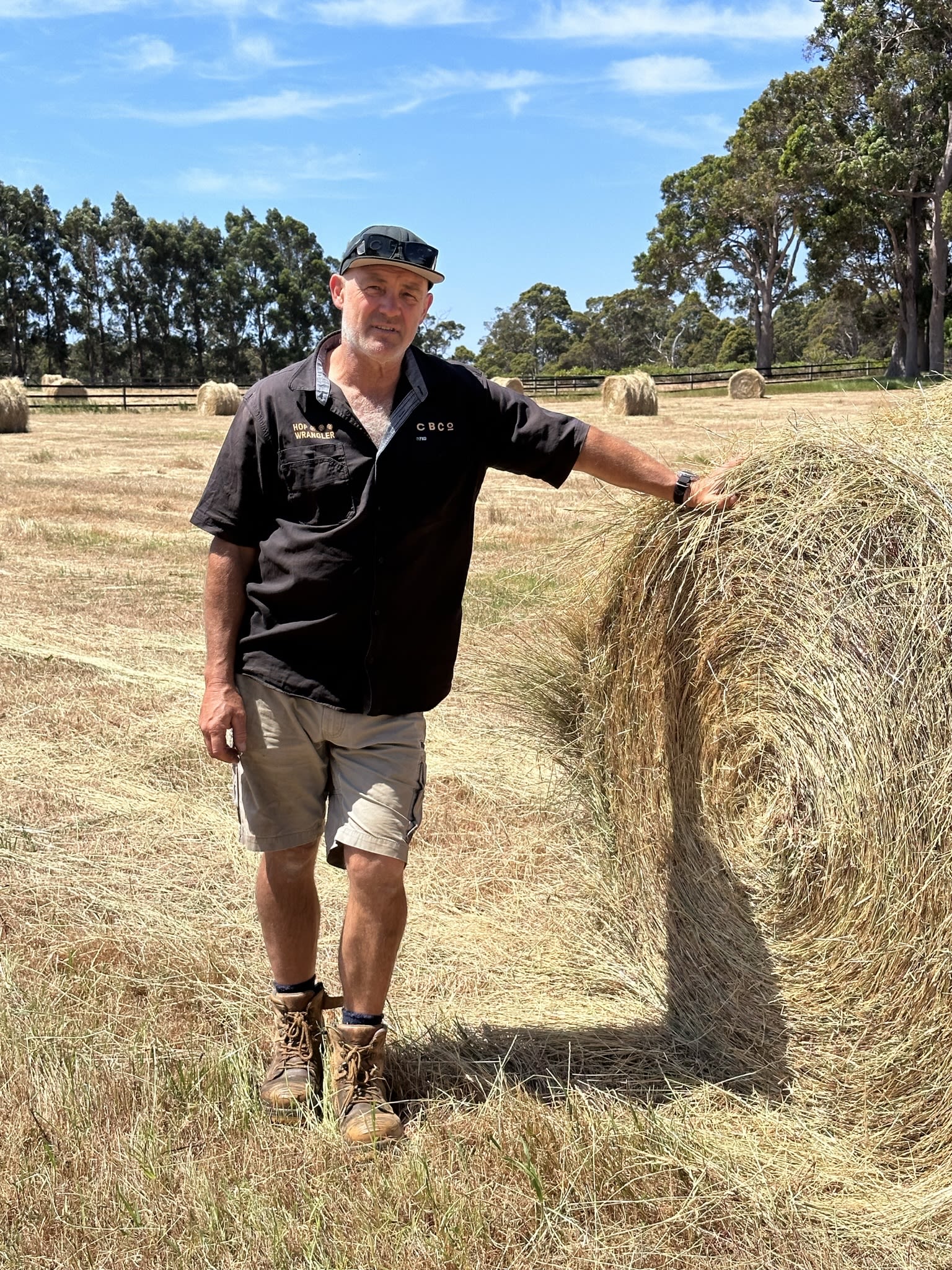
Darren's advice
- Don't spend a lot of money in the first instance
- Do your Farm Planning
- Ask a lot of questions (lots of people with lots of experience are willing to help)
"The whole regen ag thing can be daunting, so just do it bit by bit, chip away and you'll get there in the end."
"Some of the guys have been in it for a long time, some of the stuff they are saying is awesome and it cuts a lot of corners. Instead of trying something yourself you can chat to these guys who've tried it over and over and can share the best way to do it."
Where to now?
Darren is keen to continue the regenerative agriculture principles for the CBCo Brewery farm. The owners of the business are happy to continue to support him as they are investing in their other organisation in Victoria too.
He recognises that these things don't happen quickly, and is assessing each step as he goes. He'll definitely refine the multi-species pasture seed mix, and extend the seeding to multiple paddocks next season. Depending on the feed levels he may also invest in more livestock, but with a long, hot, dry season looming he's keeping his options open.
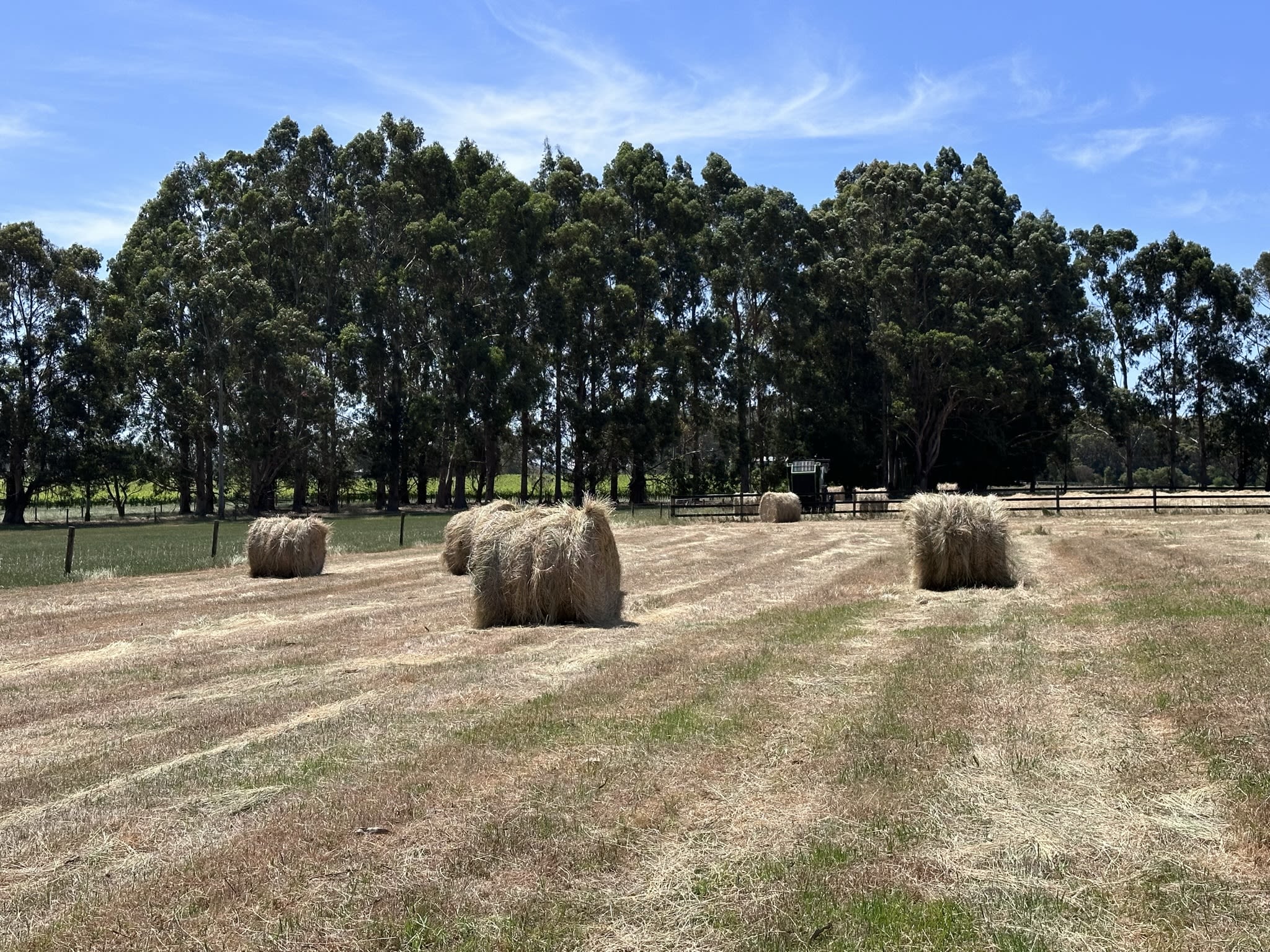
Useful Resources
Podcasts, webinars and knowledge hubs
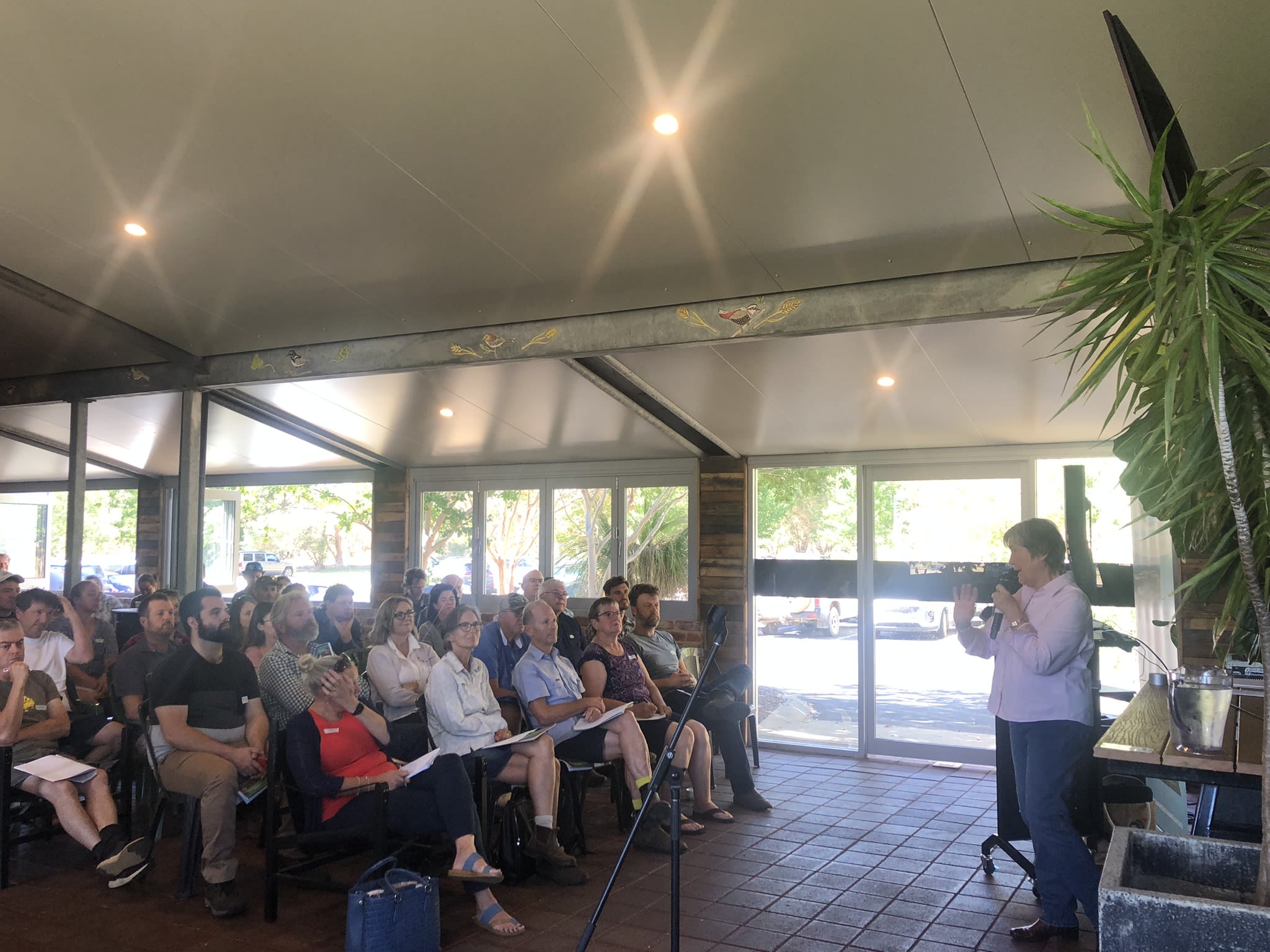
Useful Resources
Talkin' Soil Secrets with Dr Christine Jones
Jo and Kate had an in-depth chat with Christine about soil fundamentals for building profit.
Talkin' Establishing Biodiverse Pastures with Jade Killoran
Jo, Kate and Jade discussed the how to get more diversity into annual systems.
Talkin' Grazing with Dr Judi Earl
Jo, Kate and Judy chatted about how to use grazing livestock to regenerate land.
Talkin' Compost with Mark Tupman
Mark, Kate and Jo talk all things compost – what it is, what is can do and how we can use it.
Talkin' Bugs and Brews with David Hardwick
Kate and Jo chat with David about making your own bio inputs on the farm.
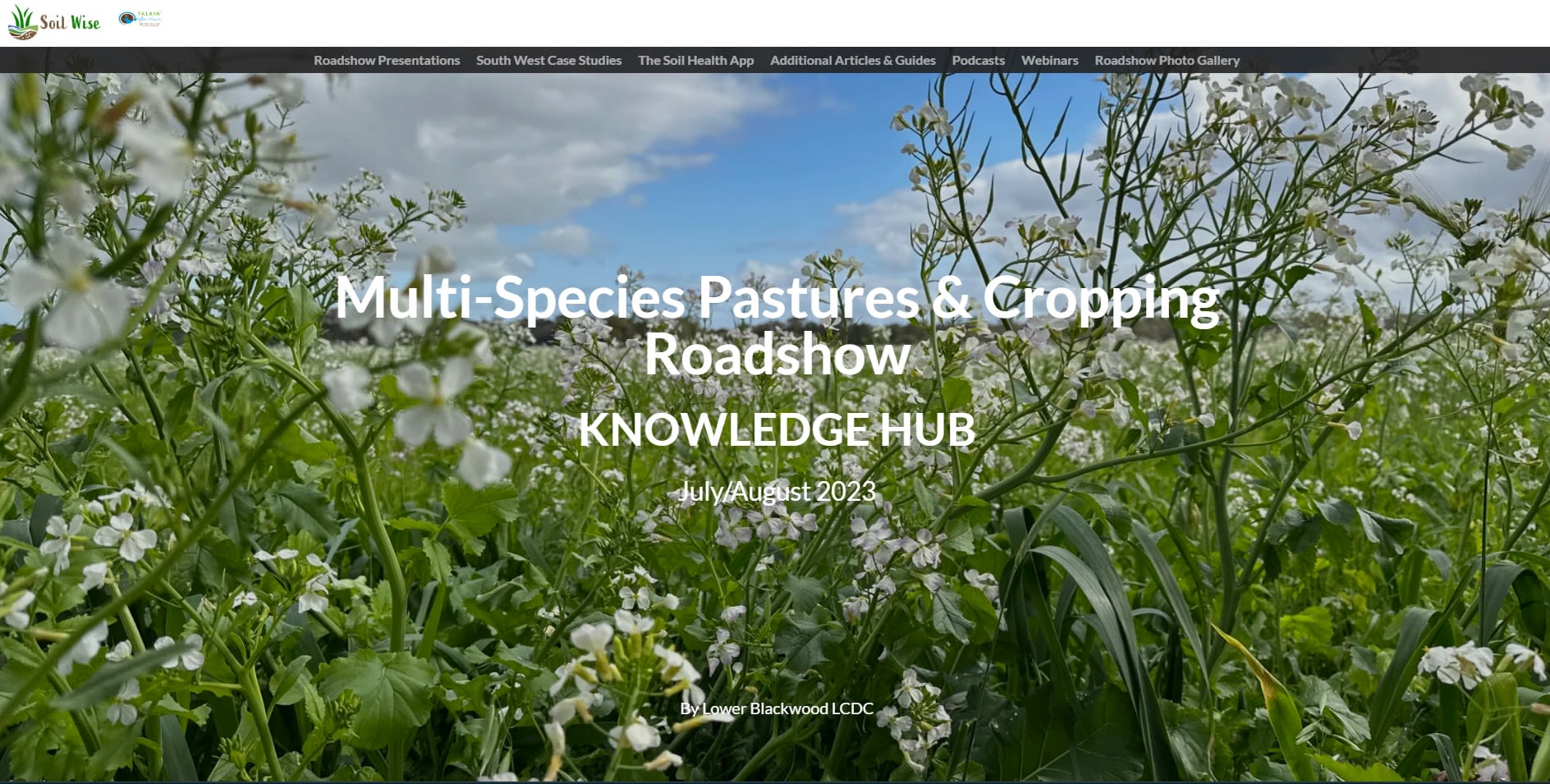
Multi-Species Knowledge Hub
A multi-media, in-depth hub that brings together expert resources, podcasts and webinars about all aspects of multi-species planning, seeding and planting.
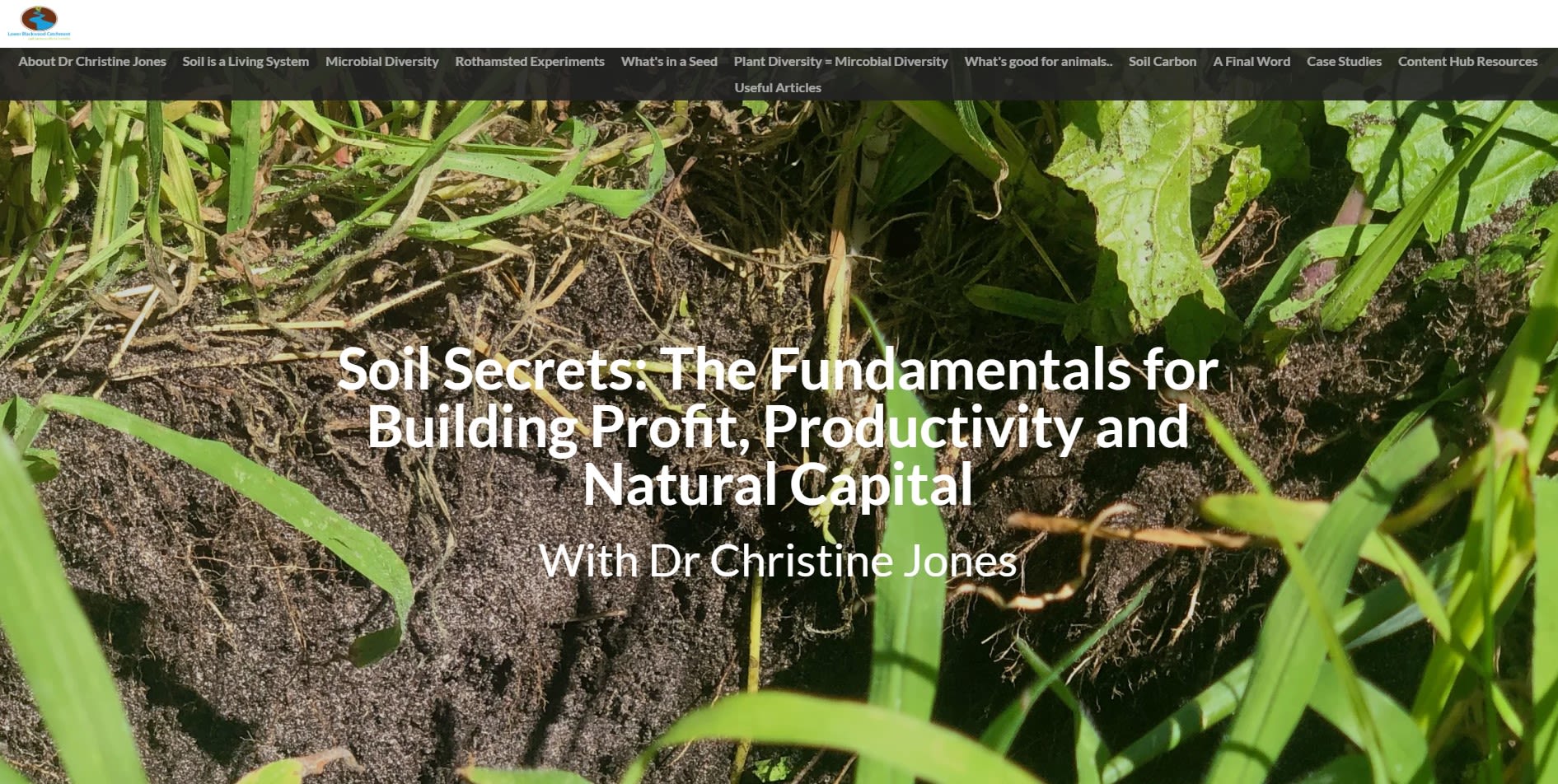
Soil Secrets Knowledge Hub
A deep dive into the world of soil health, plant diversity and the importance of the microbiome.
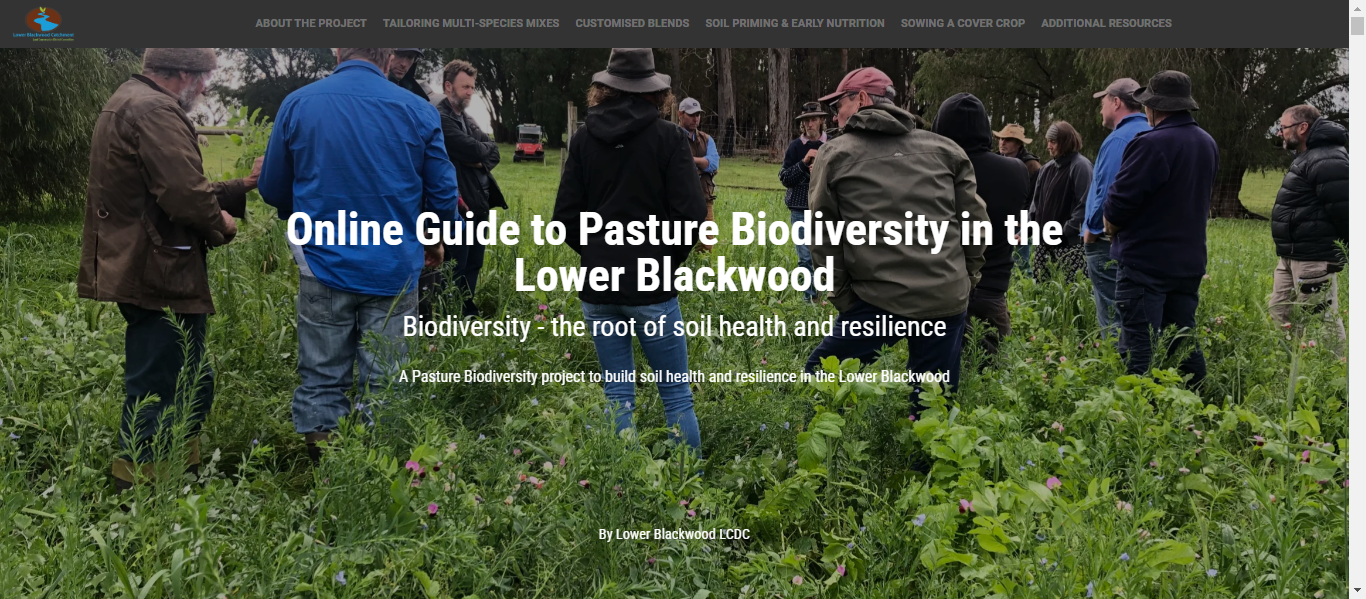
Online Guide to Pasture Biodiversity in the Lower Blackwood
This article outlines learnings from the LCDC’s project ‘Pasture Biodiversity to Build Soil Health & Resilience in the Lower Blackwood’. It includes information about species selection, seed preparation & seeding, establishment and ongoing management of diverse pastures and the consequential outcomes in terms of soil and pasture health.
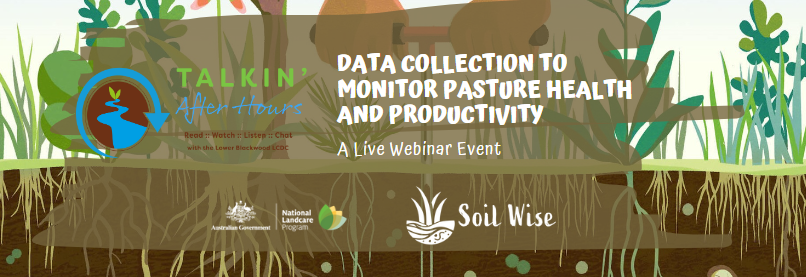
Webinar: Data Collection with Mark Tupman
Writing is a medium of communication that represents language through the inscription of signs and symbols.
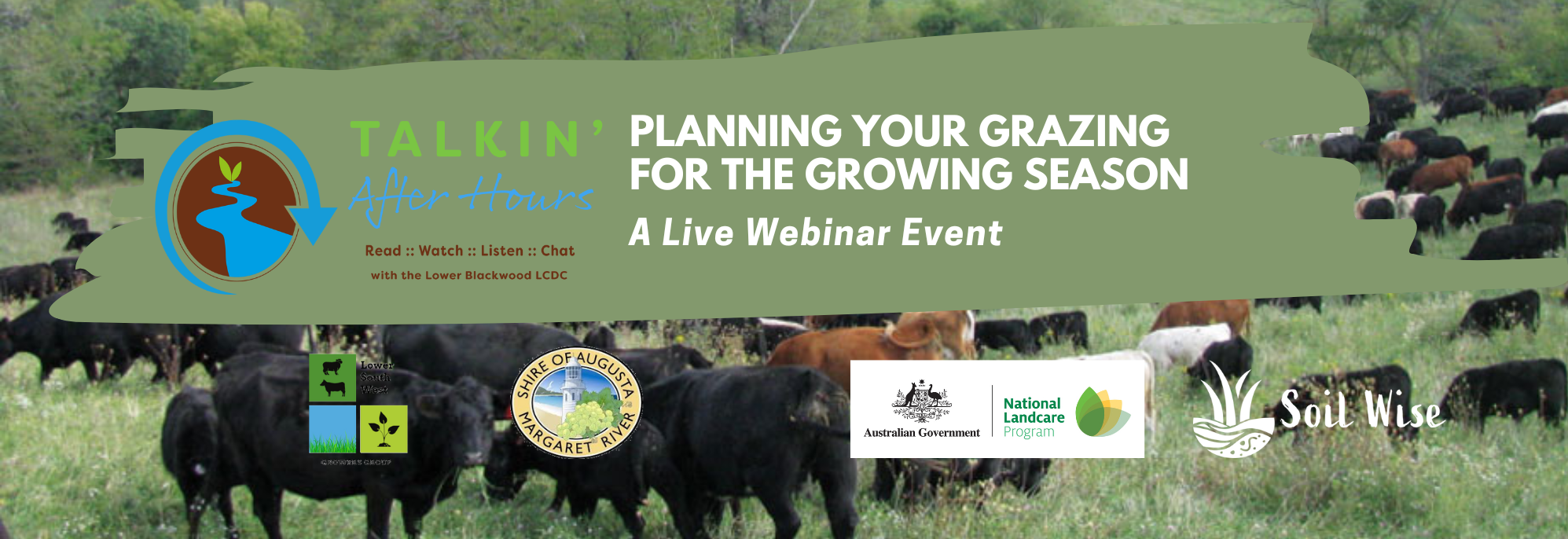
Webinar: Plan Your Growing Season with Dr Judi Earl
Judi gives a refresher of regenerative grazing principles and discusses how to plan your grazing for the growing season.
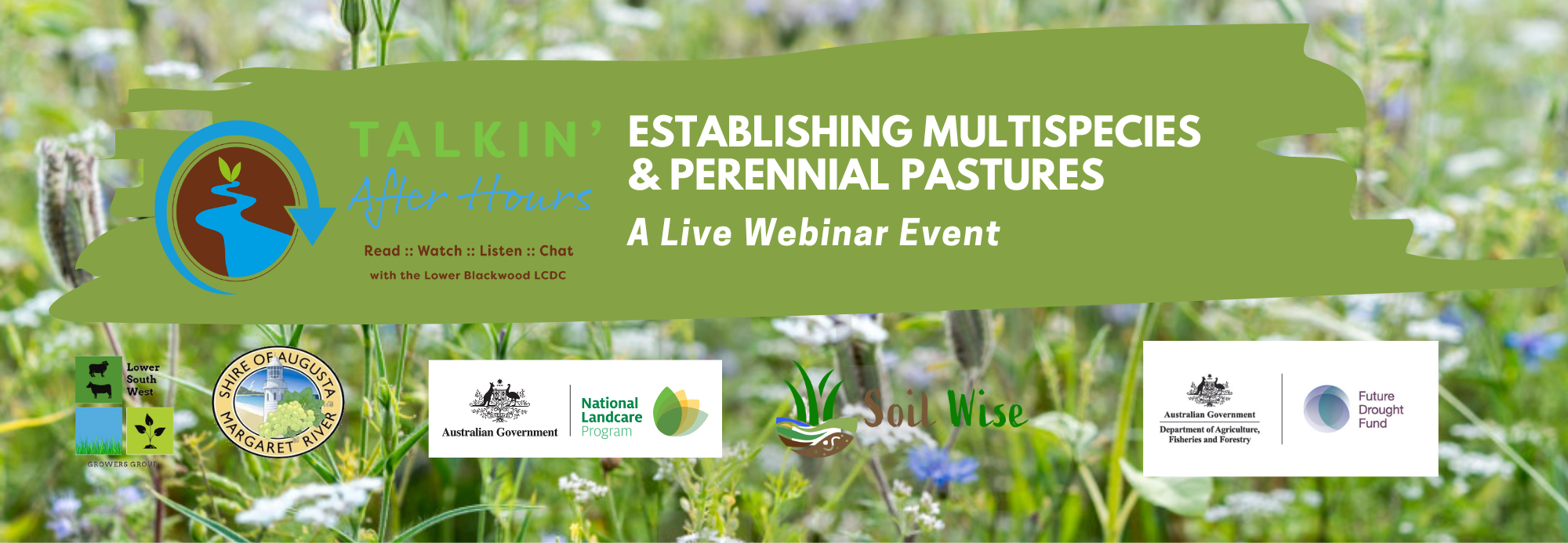
Webinar: Establishing Multi-Species & Perennial Pastures
Jade Killoran shares her knowledge and experience of multi-species pastures.
What is RAPP 2023?
Regenerative agriculture is not a ‘one size fits all’ approach to farming or land management. It is generally considered to be a holistic approach to restoring soil and ecosystem health, addressing inequity, and leaving our land, waters, and climate in better shape for future generations.
RAPP 2023 was designed to encourage farmers and landholders to consider regenerative farming principles. It was structured to build on learnings from current and previous projects, providing returning participants and alumni the opportunity to continue to grow and develop their skills further, whilst also providing opportunity for new landholders interested in learning and adopting regenerative farming techniques.
More information and details of the program and schedule here.
RAPP 2023 was opened up to the wider Augusta Margaret River Community – through our partnership with the Lower South West Growers Group with 50% of the project places going to LSWGG members who live within the Augusta Margaret River Shire but reside outside of the Lower Blackwood catchment.
